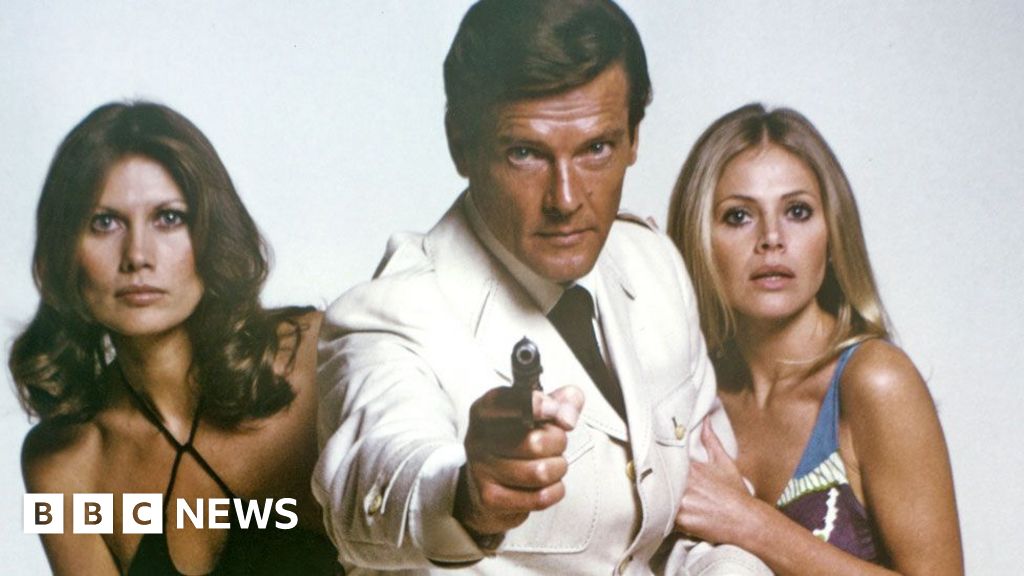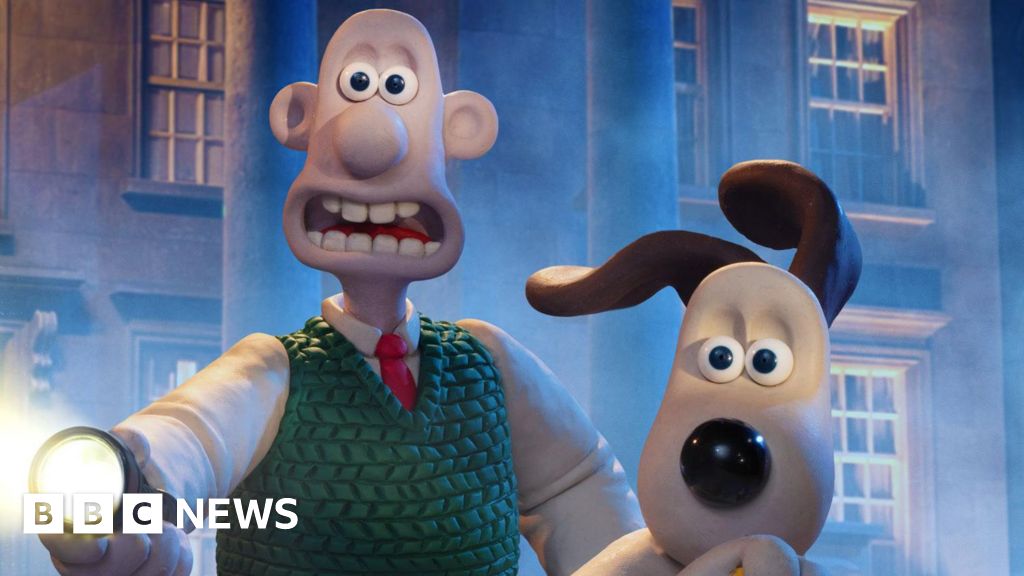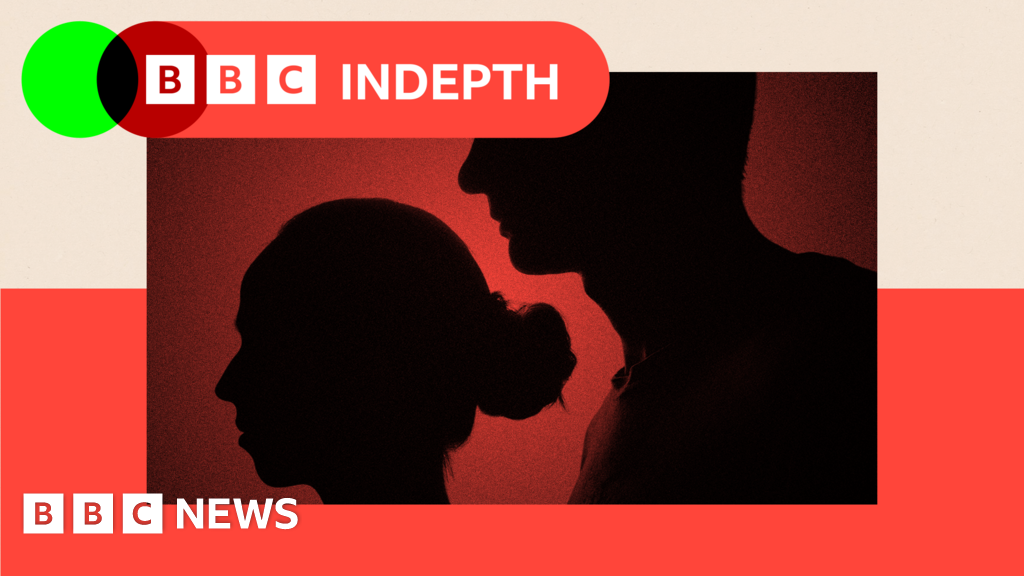
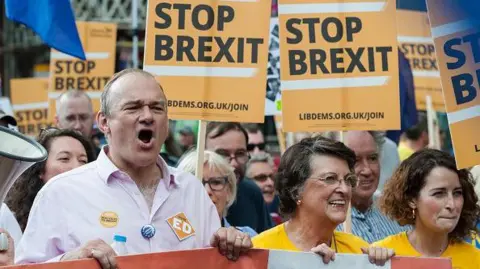 Getty Images
Getty Images
The Lib Dems have softened their anti-Brexit message in recent years
Once the party of “stop Brexit”, the Liberal Democrats toned down their zeal for the European Union ahead of this year’s general election.
The party swelled its ranks to 72 MPs - its most ever - without drawing much attention to its original policy of rejoining the EU.
But as Lib Dems gather for their autumn conference this weekend, will the B-word will be back on their lips?
The EU roadmap
“It’s no secret that a lot of the grassroots would have preferred the party leadership to take a slightly stronger line before the election on rejoining the EU,” says Rob Harrison, the chairman of the Liberal Democrat European Group.
Now the general election is behind us, Harrison says, “I do think the party leadership could be bolder on Europe”.
To the frustration of some Lib Dem Europhiles, a gradualist approach to rebuilding ties with the EU is favoured by party leader Sir Ed Davey.
His 2024 election campaigning focused on a few core issues, above all social care, and given the dramatic increase in Lib Dem MPs, few would dare to say it hasn’t worked.
In cautious wording, the general election manifesto laid out “essential steps on the road to EU membership, which remains our longer-term objective”.
The party's four-stage roadmap includes seeking to join EU programmes and eventually, the single market, which allows the free movement of goods, services and people.
This weekend, there’ll be another staging post on this journey, when activists vote on a policy proposal at the conference in Brighton, to give young people better access to the EU, through scrapping visa fees and joining the Erasmus Plus student scheme.

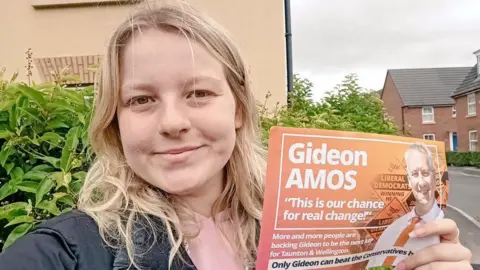
Janey Little of Young Liberals said she's happy with Lib Dem policy on Europe
Before the conference, the BBC spoke to six Lib Dem activists and two MPs - and most of them seemed satisfied with the party’s direction of travel on Europe.
“Brexit has happened, and that’s unfortunate,” says Janey Little, chairwoman of the Young Liberals.
“But we will always be at the front of the agenda of pushing for a closer relationship with Europe and rebuilding those ties.”
Another Young Liberal, Ulysse Abbate, says the party should be focusing on “easy wins”, such as a youth mobility scheme between the UK and the EU.
There is some discontent though.
Mark Johnston is an EU policy specialist and member of the committee that prepared the party’s manifesto.
He says that “all parties have been silent on Brexit in the past few years” and there were no signs the Lib Dems would change tack.
“We shouldn’t be tip-toeing around this issue,” Johnston says.
“We should be making it a key part of our offer in every election going forward through this cycle to distinguish ourselves from Labour.”
Labour Prime Minister Sir Keir Starmer has repeatedly said he would not seek to rejoin the EU and has instead promised to "make Brexit work".
Johnston says: “We’ve got to differentiate ourselves from Labour in the voter's mind, and not just be running with a ‘we’re not the Tories' message, because the value of that will fade very quickly.”
Listening to voters
Other Lib Dem activists do see differences with Labour, but aren’t so sure voters care that much about Brexit.
During the general election campaign, “it wasn’t really in the public’s mind”, says David Chalmers, a veteran pro-EU Lib Dem.
“They were really concerned about the cost of living, the NHS and sewage. If you start talking about rejoining Europe, you’re not actually listening to people.”
Helen Morgan, the Lib Dem MP for North Shropshire, says she has been listening to lots of people in her constituency, which voted to leave the EU in the 2016 referendum.
She says locally, A&E waiting times, potholes and energy costs this winter were the issues that came up on the doorstep most frequently.
“I spoke personally to probably more than 1,000 people during the course of the election campaign,” Morgan says. “I talked about Europe maybe a handful of times.”
Josh Babarinde - the new MP for Bournemouth - says there was no mass clamour to immediately rejoin the EU in mail from his constituents.
But if voters want that eventually, “our stance on Brexit was there in black and white”, he says.
“I don’t think anyone will be in any doubt where Liberal Democrat sympathies lie when it comes to Brexit.”

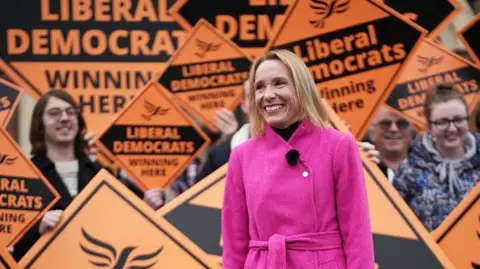 PA Media
PA Media
North Shropshire MP Helen Morgan says her constituents aren't talking about Brexit
What is in doubt, though, is the timeframe the party has in mind for rejoining the EU.
Even the chairman of the Liberal Democrat European Group - which he describes as “the fan group for the EU” - is managing his expectations.
“We’re talking about the 2034 Parliament,” Harrison says. “That is when we might feasibly get a rejoin application in.”
Sir Ed has gone no way near such specifics. Rebuilding trust with European partners takes time, he often says.
As long as he’s in charge and the Lib Dems keep performing well in elections, the Europhile wing of the party will have to play the long game.
For now, as the Lib Dems celebrate a record result in the general election, the Brexit truce is holding.

 3 months ago
17
3 months ago
17





